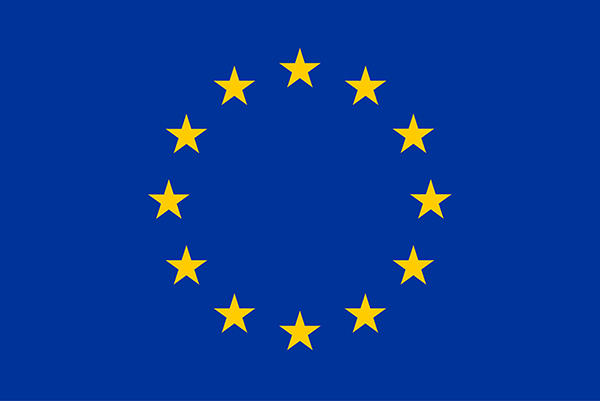Work Officially Starts on Cross-border Maritime Spatial Plan for the Black Sea – Romania and Bulgaria Project
Work Officially Starts on Cross-border Maritime Spatial Plan for the Black Sea – Romania and Bulgaria Project
By Ministry of Regional Development and Public Works
Work on the Cross-border maritime spatial plan for the Black sea – Romania and Bulgaria project officially started on 29, October, 2015, at the National Institute for Marine Research and Development Grigore Antipa in Constanta, Romania, during a kick-off meeting between the partners involved in the project. The participants in the meeting discussed the project activities, responsibilities and the areas of mutual cooperation.
The representatives of the ten partnering institutions discussed the thematic working groups and the participation in the main components of the project, which include an initial assessment and analysis of the Romanian and Bulgarian maritime areas, identification of the major challenges relating to the maritime space in the two countries, preparation of a detailed study on the establishment of a new ship routeing system in the territorial seas of Romania and Bulgaria, and a review of the institutional and legislative framework for Black Sea maritime spatial planning (MSP) in both countries. The project also includes preparatory work for cross-border cooperation in MSP and creation of an institutional framework for cooperation in cross-border MSP. The participants will define a common methodology for analysis and spatial planning for maritime cross-border area, create a common strategic framework for MSP in Romania and Bulgaria, and elaborate a maritime spatial plan for the cross-border area Mangalia – Shabla. The project also envisages setting out a monitoring system for the Black Sea area by creating a common spatial database for maritime areas in Romania and Bulgaria, defining monitoring and control indicators and the respective procedure for their implementation.
The objectives and the duration of the project were presented at the Ovidius University in Constanta which is a partner in the project. The participants in the meeting reviewed earlier projects for the Black Sea whose results could contribute to the implementation of the current project.
The leading partner in the project is the Romanian Ministry of Regional Development and Public Administration. The Bulgarian partners are the Ministry of Regional Development and Public Works, the Institute of Oceanology of the Bulgarian Academy of Sciences, the Maritime Administration Executive Agency and the Bulgarian Ports Infrastructure Company. The other Romanian participants are the Department on Water, Forests and Fisheries, the Grigore Antipa National Institute for Marine Research and Development, the National Institute for Research and Development in Environment Protection - sub-unit Danube Delta National Institute for Research and Development – Tulcea, the National Institute for Research and Development in Construction, Urban Planning and Sustainable Spatial Development – Urban - Incerc, and the Ovidius University of Constanta.
The good cooperation already existing between the Institute of Oceanology – Bulgarian Academy of Sciences and the National Institute for Marine Research and Development Grigore Antipa will contribute for the successful implementation of MARSPLAN – BS. Grigore Antipa is a successor to the Romanian institute of maritime research whose 45th anniversary was marked during the international symposium on protection of the Black Sea ecosystem and sustainable management of maritime activities.
The Cross-border Maritime Spatial Plan for the Black Sea – Romania, Bulgaria project has a duration of two years and is funded under an agreement on grant aid number EASME/EMFF/2014/1.2.1.5/2/SI2.707672 MSP LOT 1 Black sea/MARSPAN BS between the European Commission and the Romanian Ministry of Regional Development and Public Administration. The aim of the project is to improve the cross-border cooperation between Romania and Bulgaria in the area of Black Sea strategic and spatial planning, in line with Directive 2014/89/EU of the European Parliament and of the Council of 23 July 2014 establishing a framework for maritime spatial planning.
The project is funded with the support of the European Union. The document and its content reflect only the author’s view and the Commission is not responsible for any use that may be made of the information it contains.




